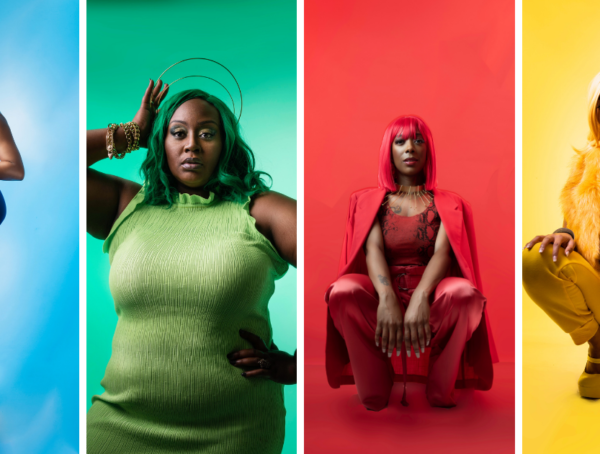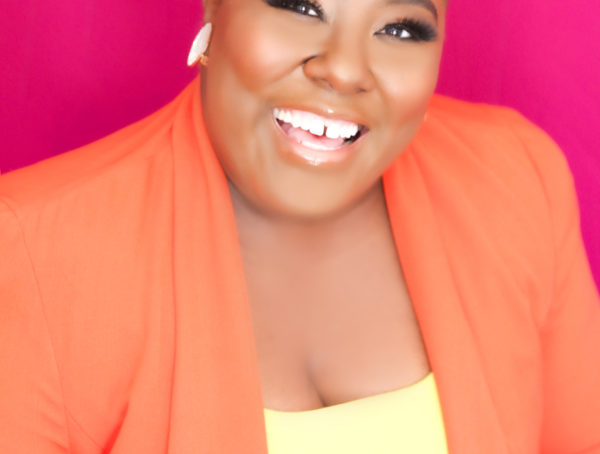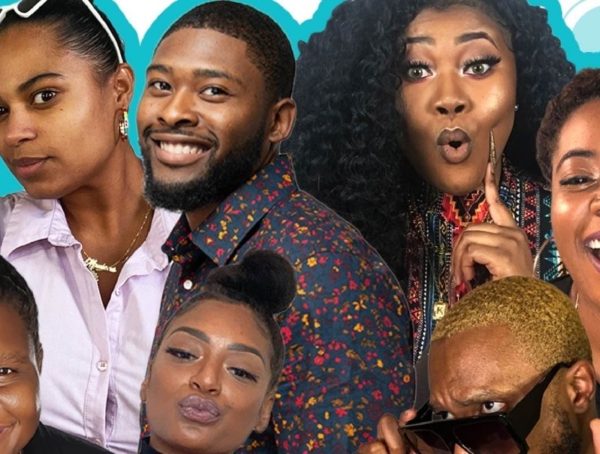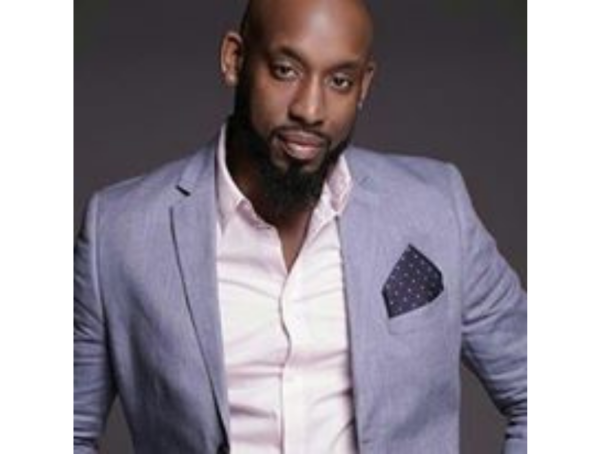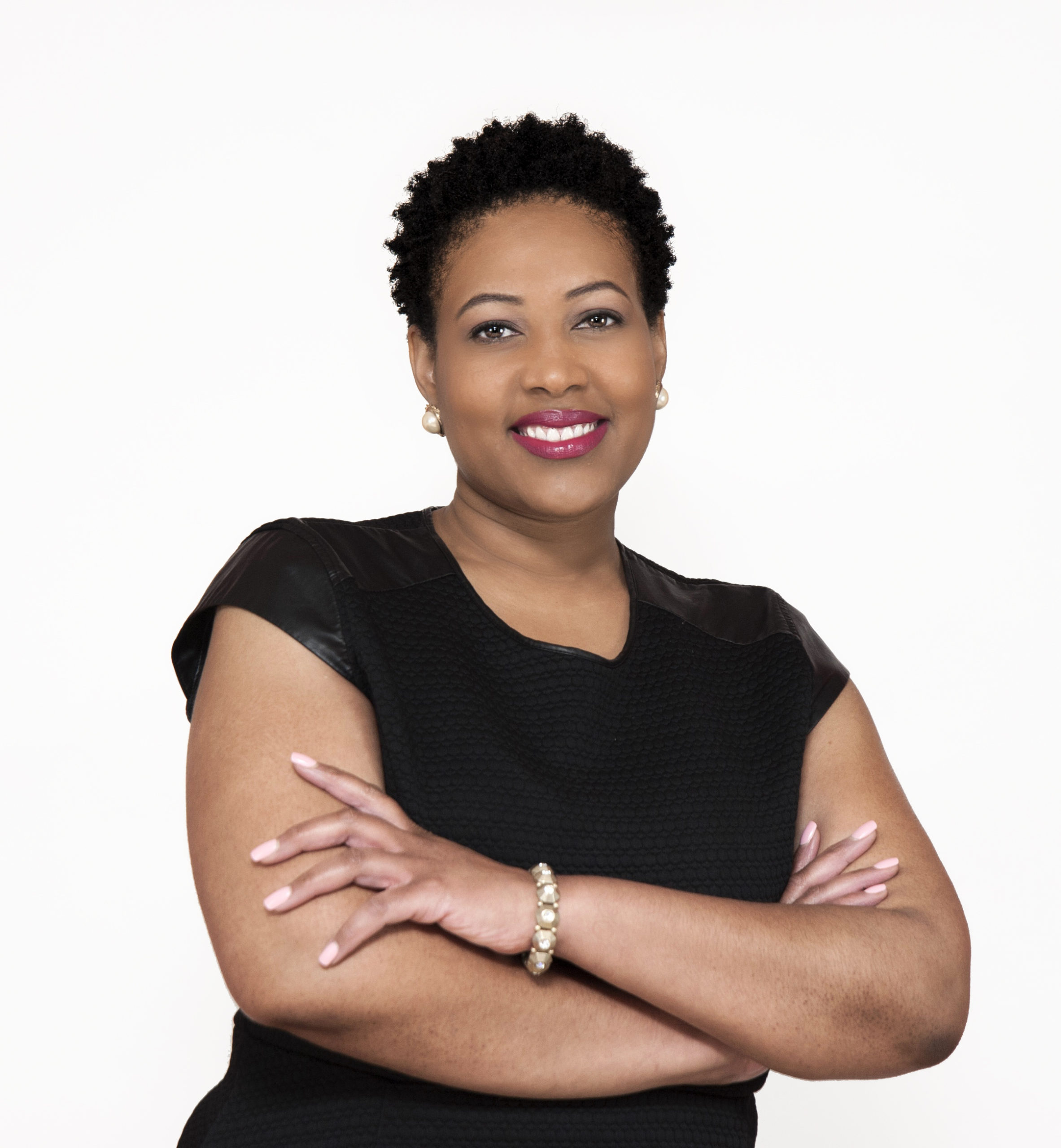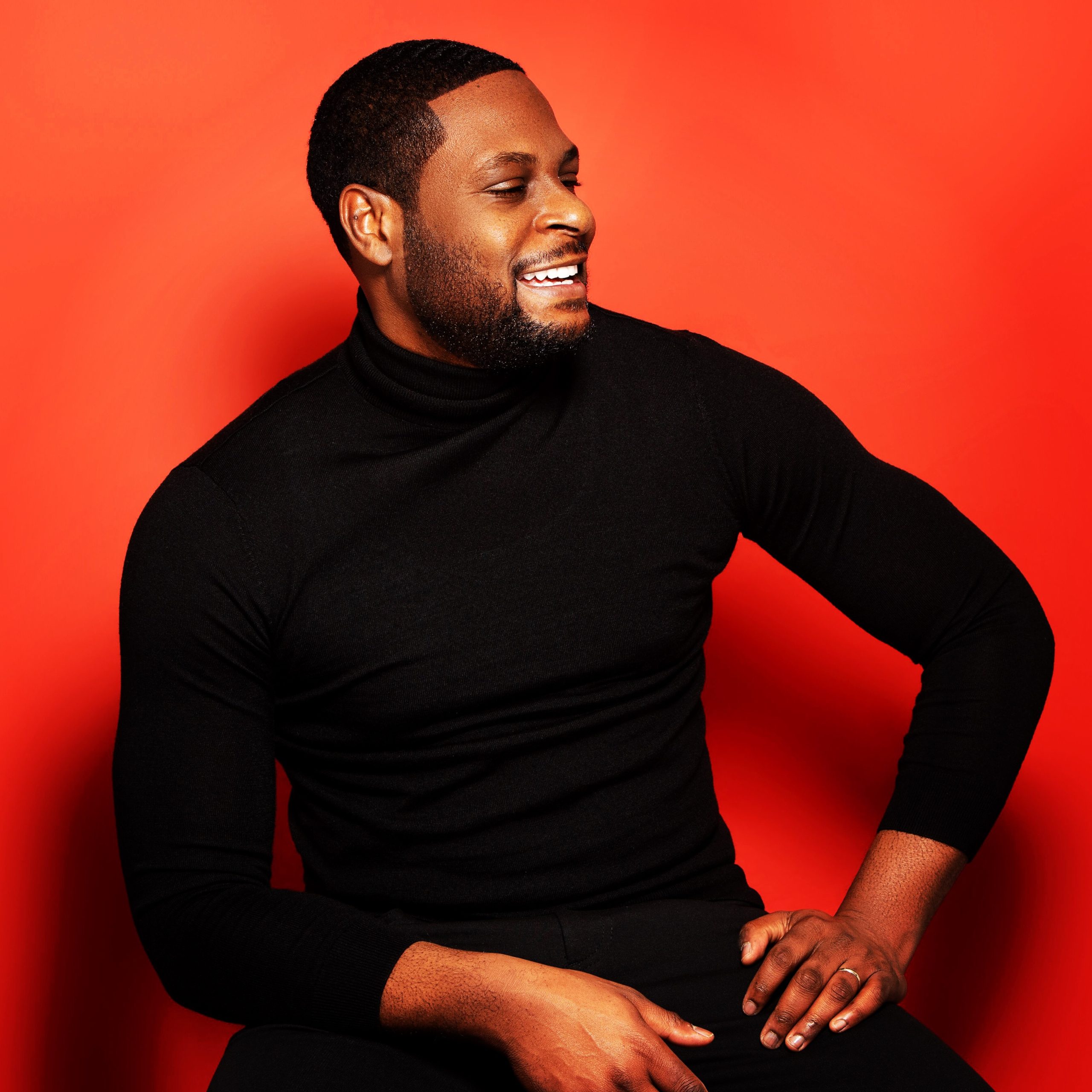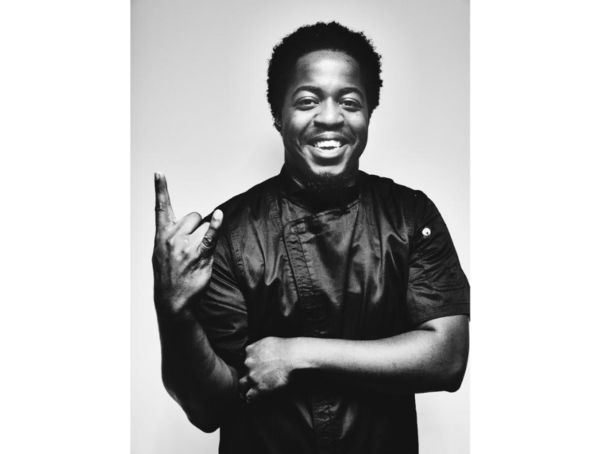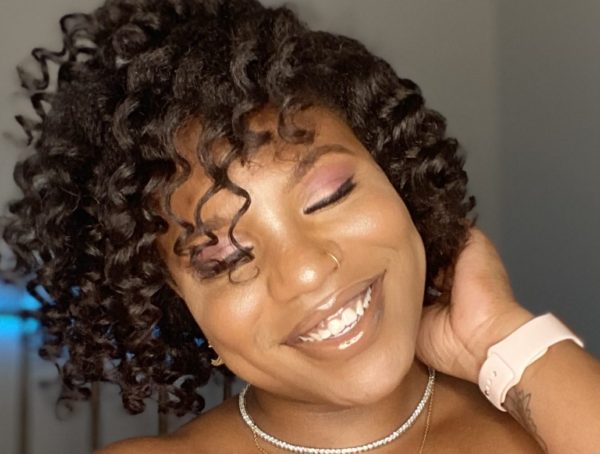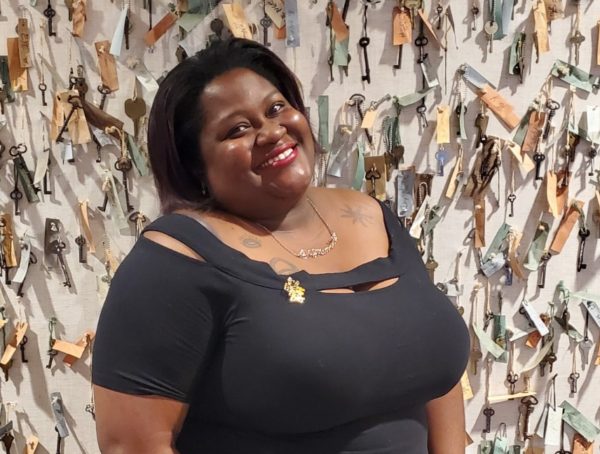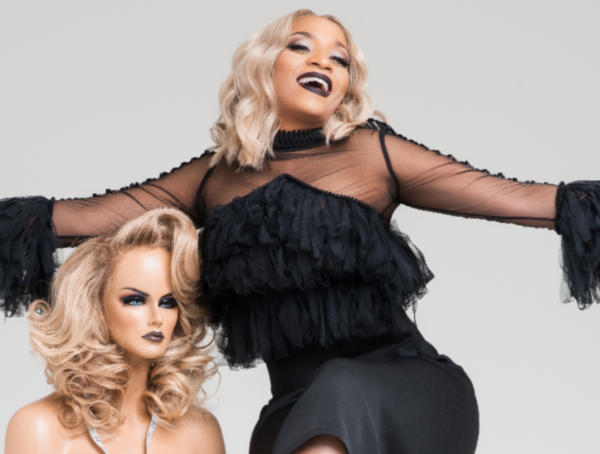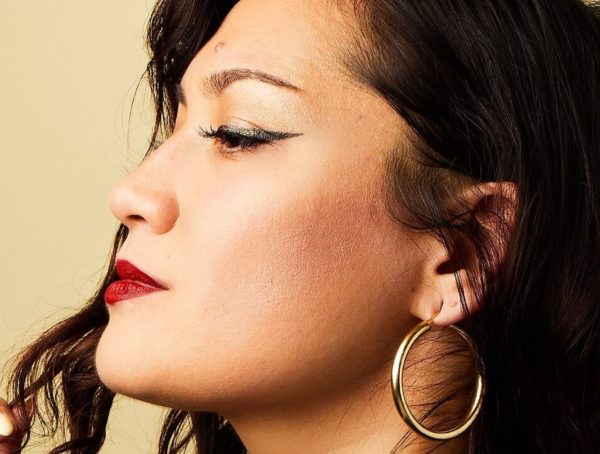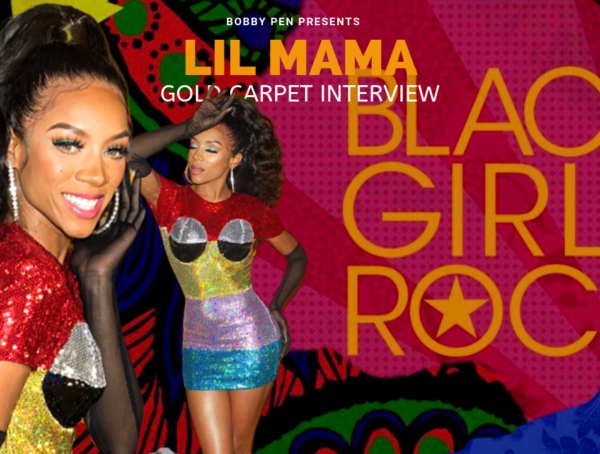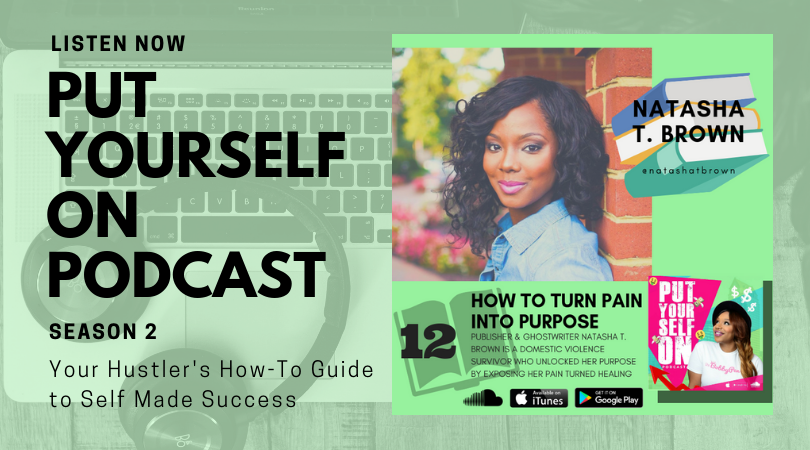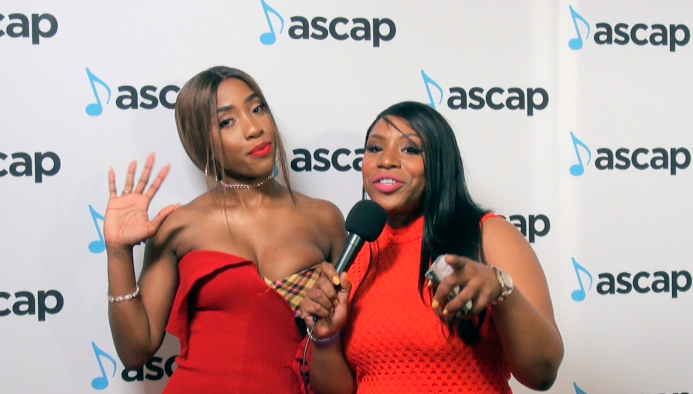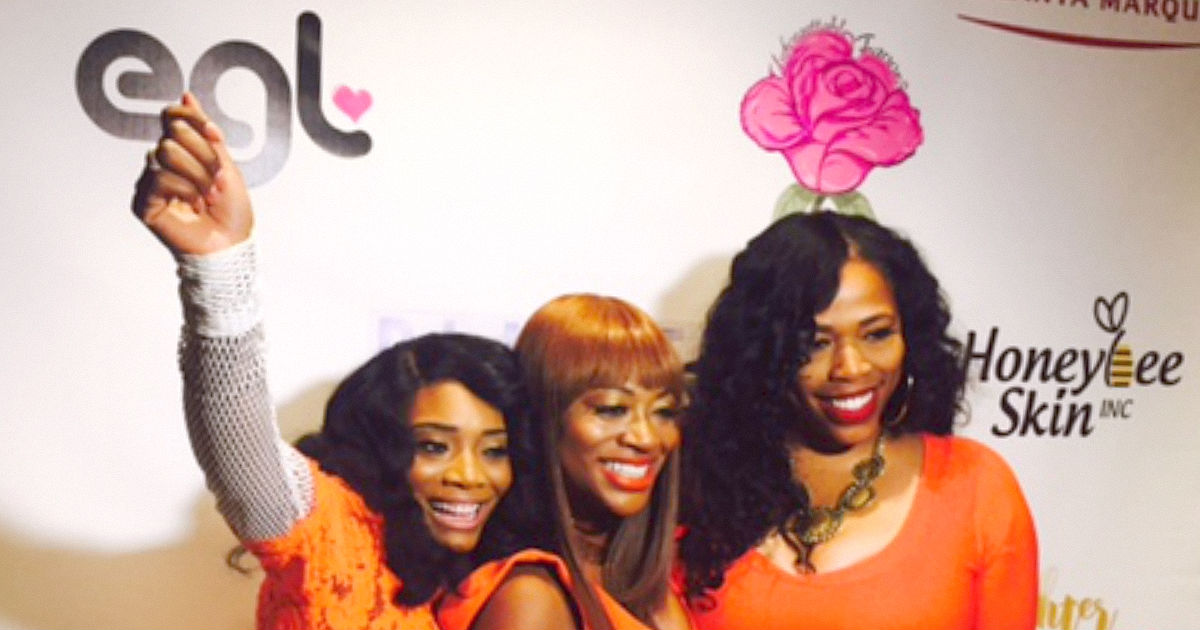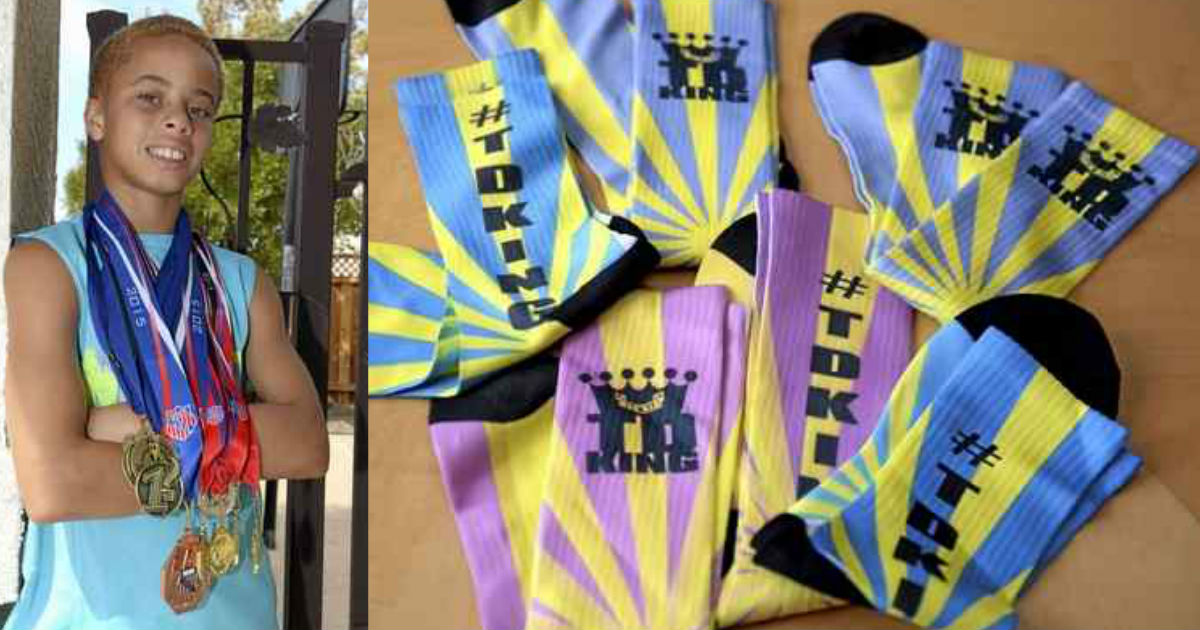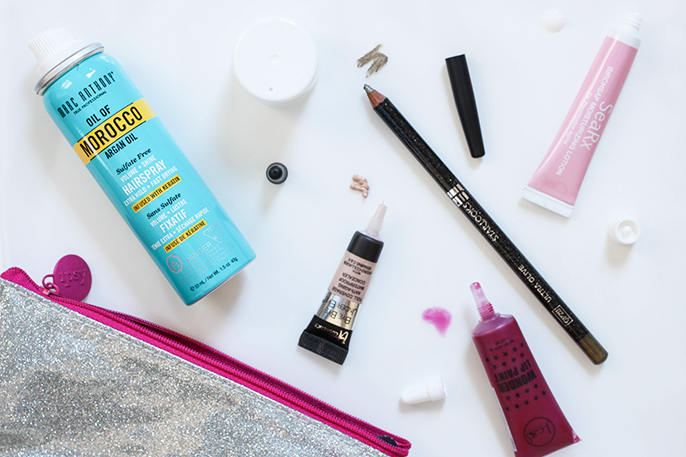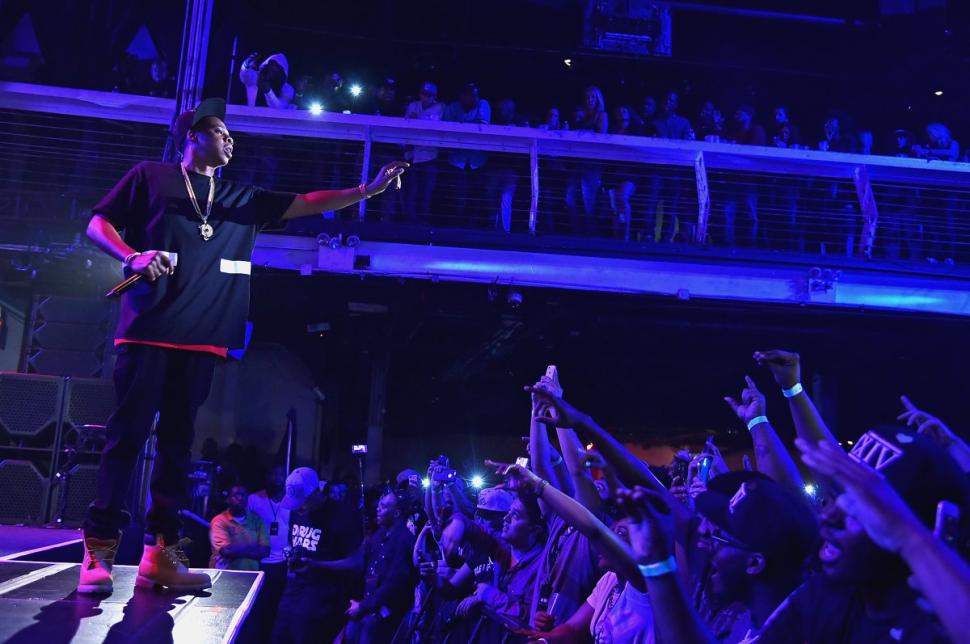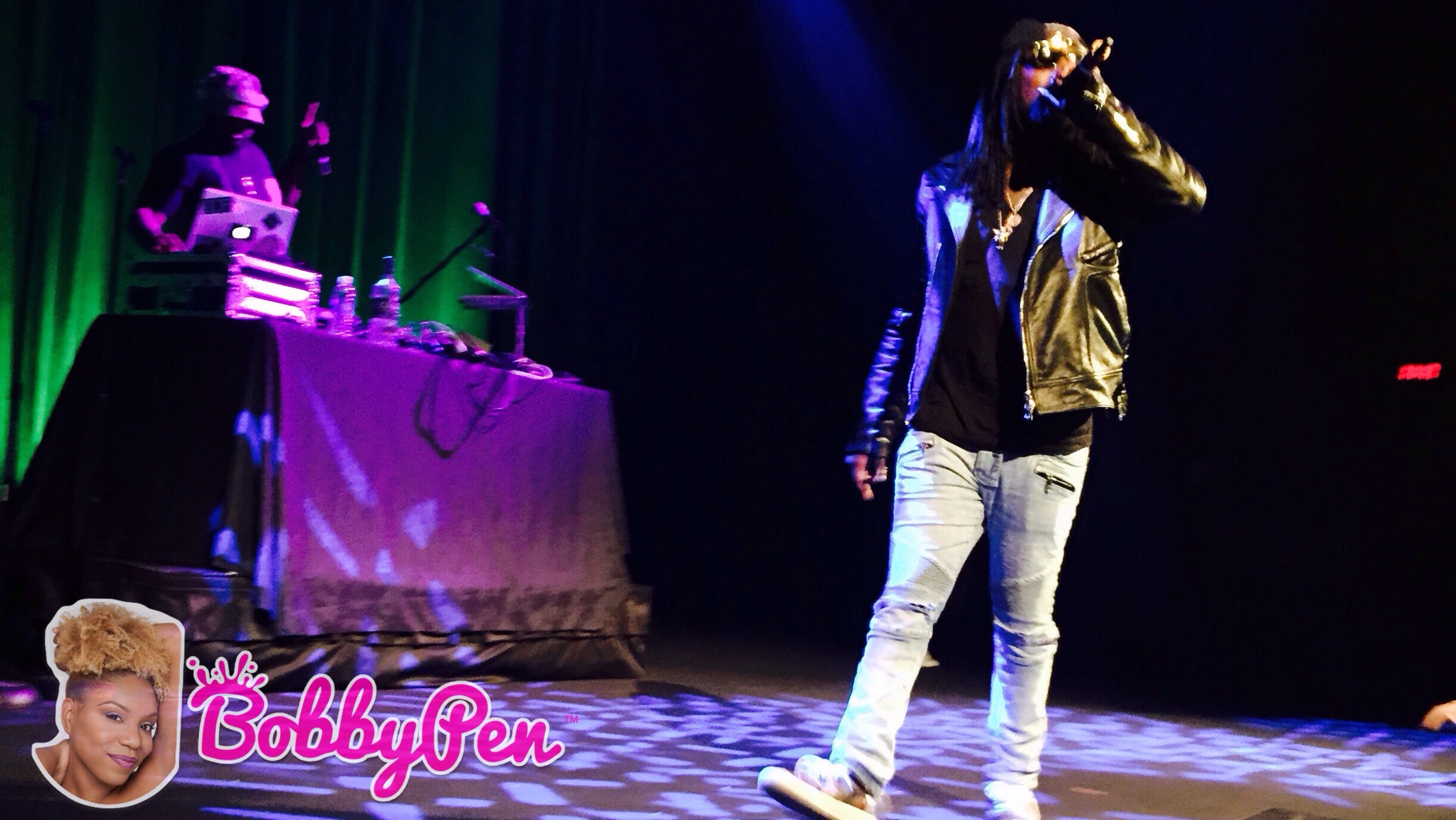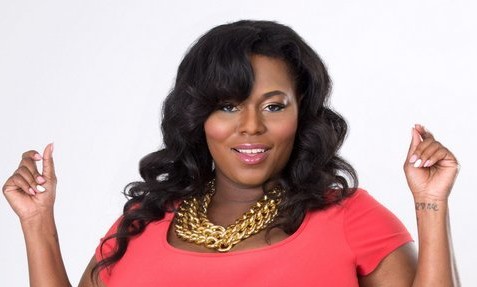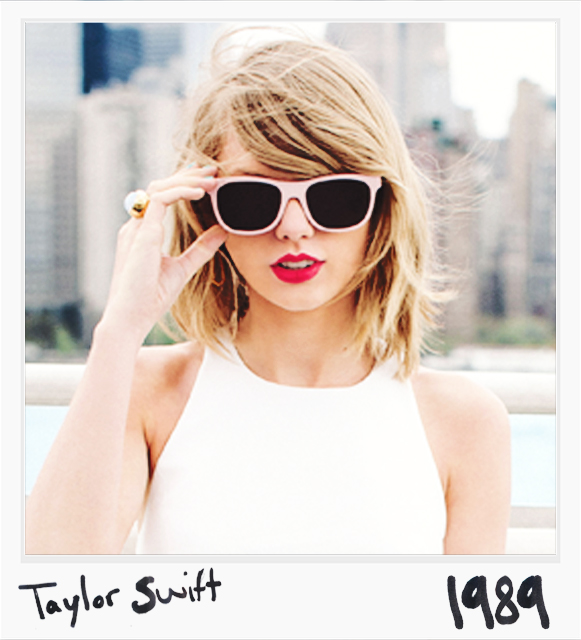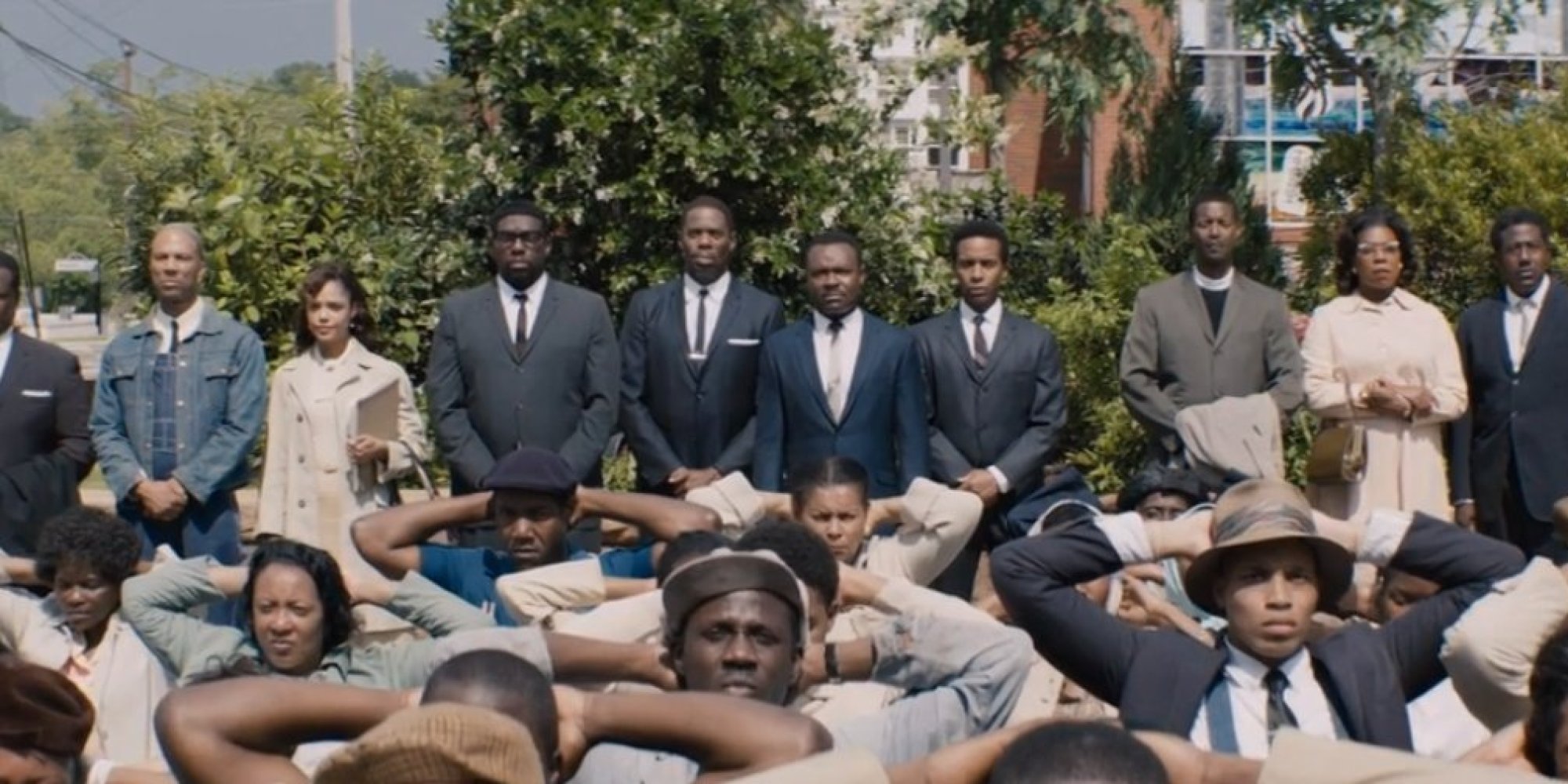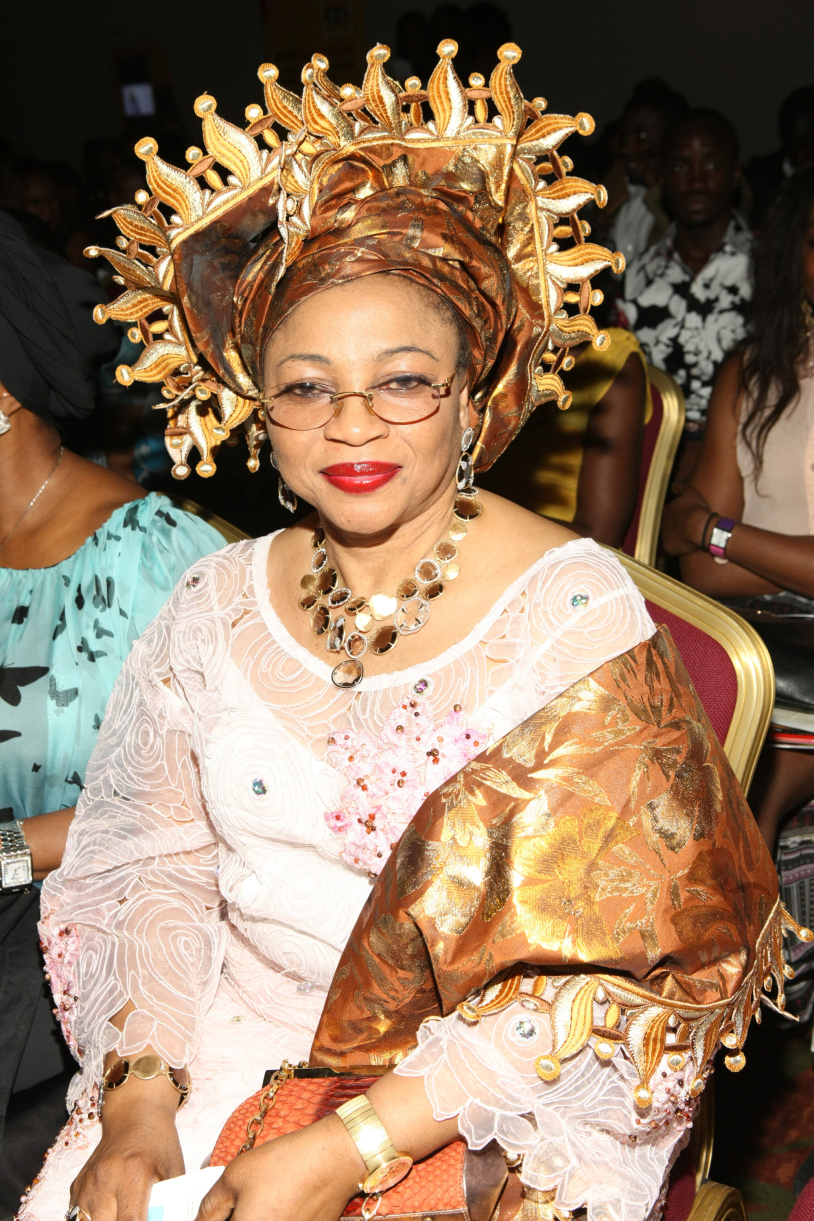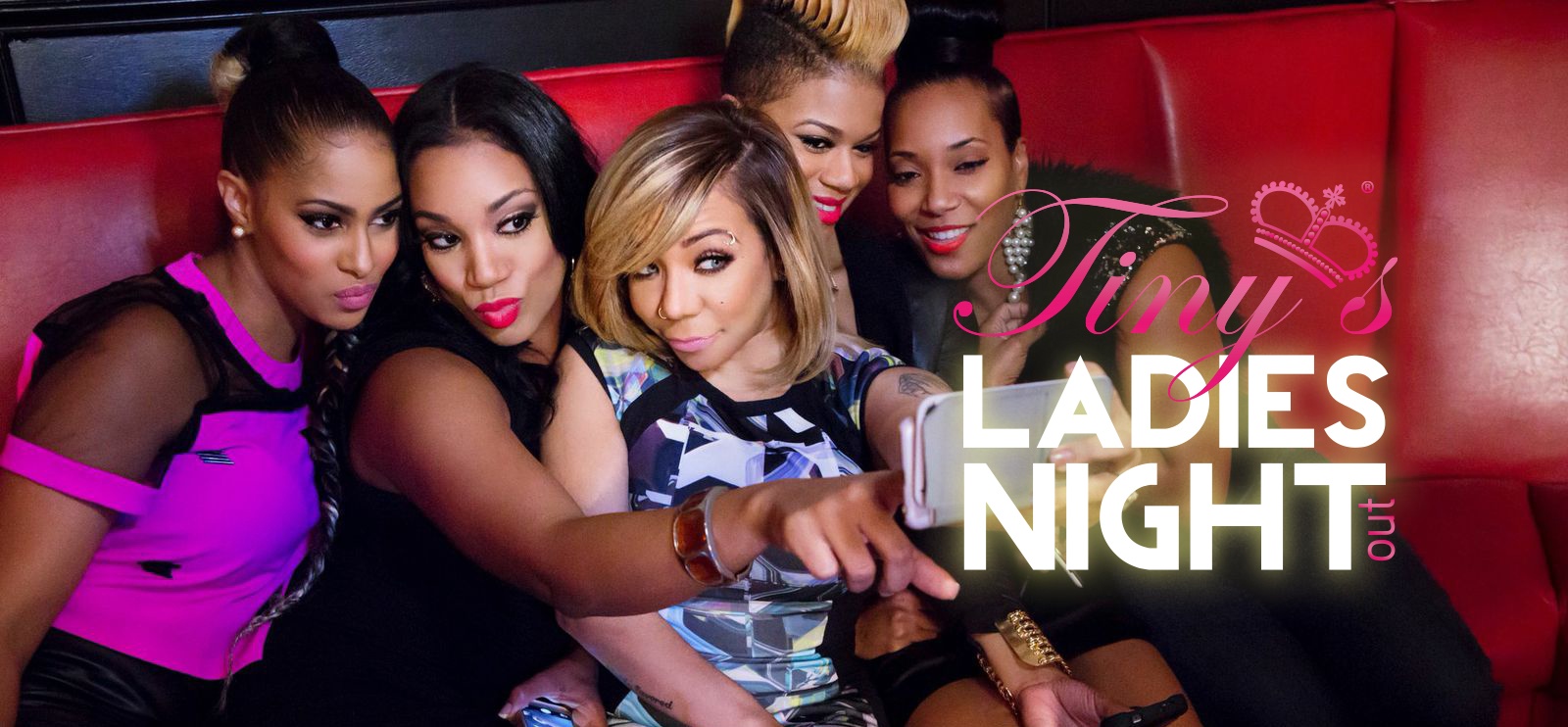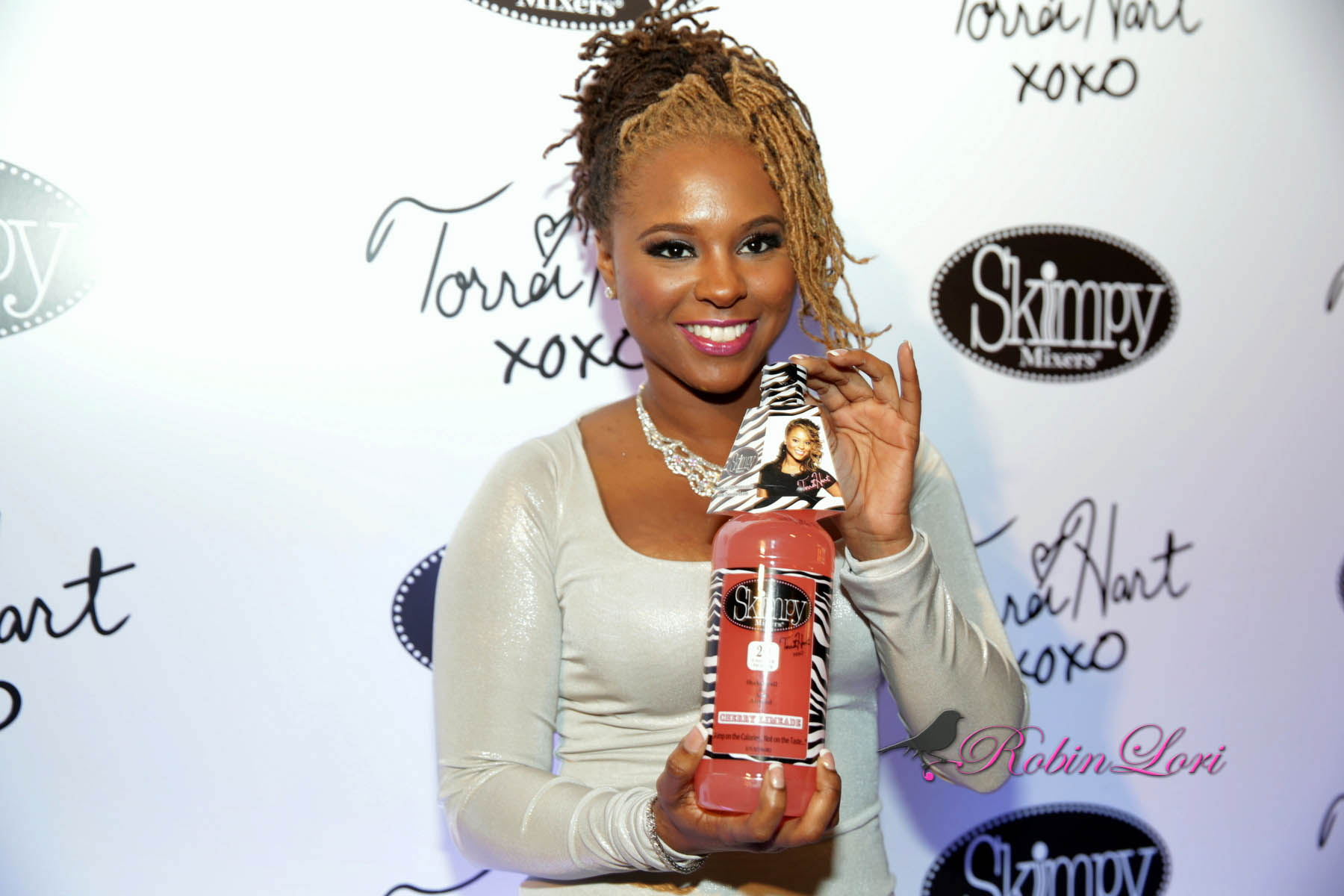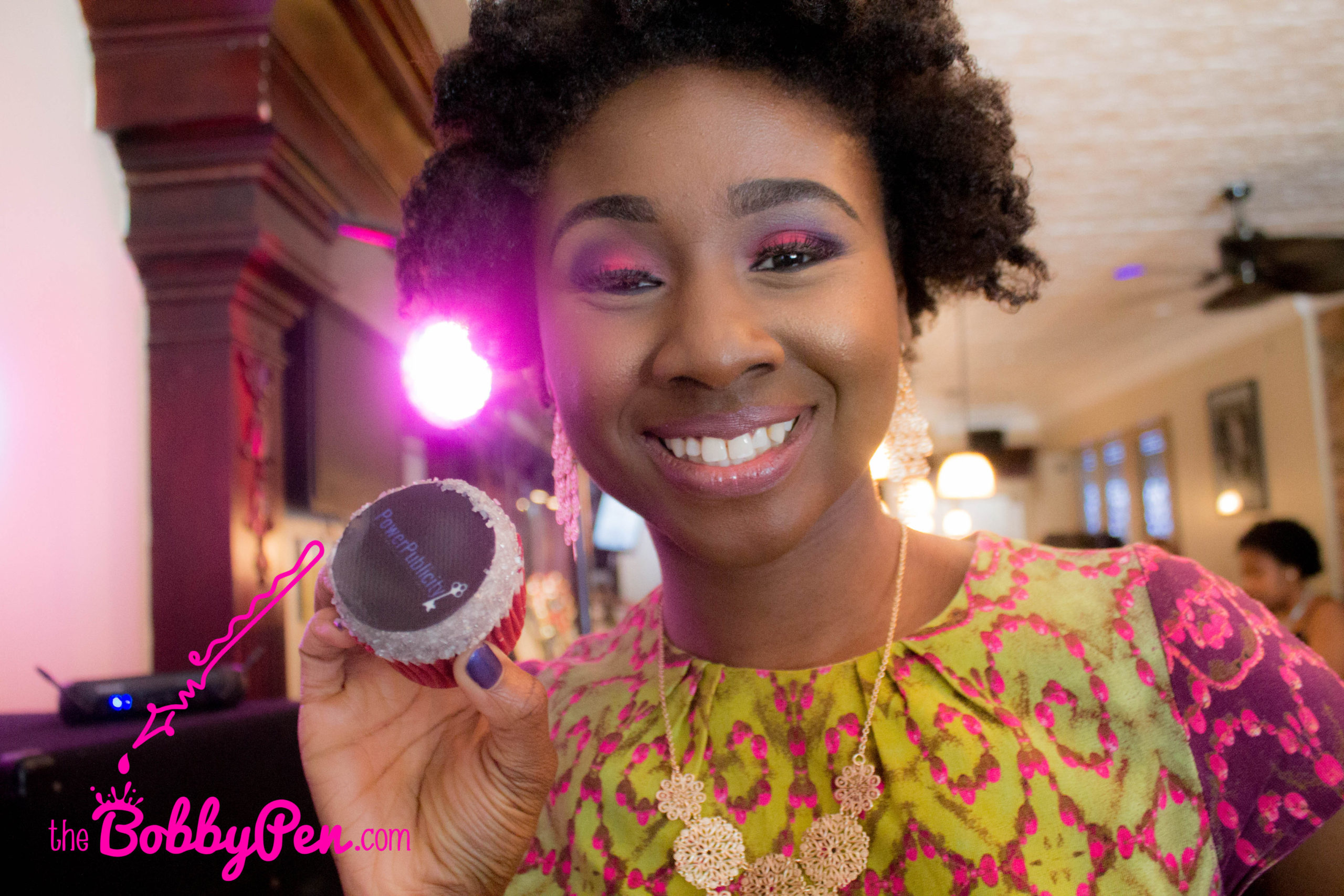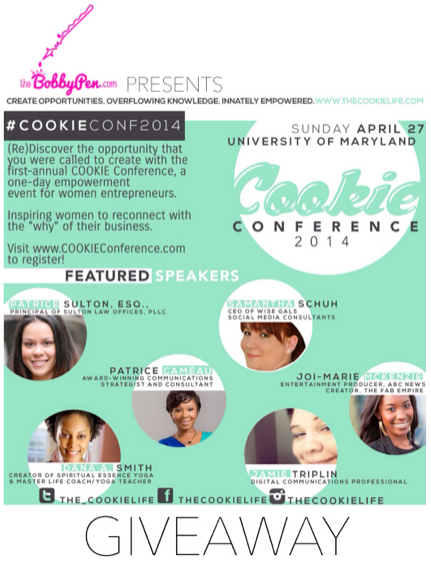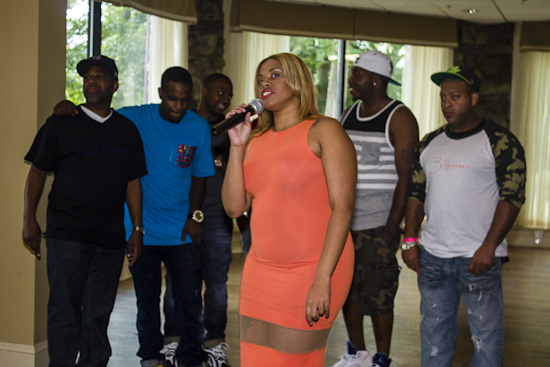“I’m Uncomfortable” | How to Know You’re Being Sexually Harassed
There are some memories in life you just don’t forget whether it be your wedding day, loss of a loved one, childbirth or even starting a new job. So imagine while still getting accustomed to your new work setting you’re being sexually harassed by co-workers. Yes, not one co-worker, but two.
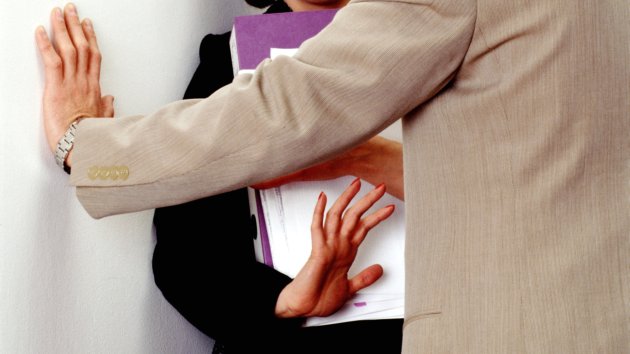
Like many, when you think of sexual harassment you probably think of someone forcing you into a corner, groping and whispering to you all the things they would do to you sexually, but in reality my case was much different. Much more slick. The kind where you’re left for minutes at a time to ponder a semi-offensive joke that was chuckled it off.
There were never any occasions where I was groped. There were never any moments when I outright wanted to quit my job because it just became too much, but I was harassed. And I was uncomfortable.
According to the U.S. Equal Employment Opportunity Commission (EEOC,)
Harassment is a form of employment discrimination that violates the Title VII of the Civil Rights Act of 1964, the Age of Discrimination in Employment Act of 1967, (ADEA), and the Americans with Disabilities Act of 1990, (ADA).
Furthermore, in a 2008 study the Association for Women Action and Research found that out of 500 people surveyed, 54% had experienced some form of workplace sexual harassment. 27% of respondents who had experienced harassment reported incidents by their colleagues, while 17% were harassed by their superior. As expected, 79% of reports are from women where 21% were men.
With this data in mind, I reflect on my experience. On different occasions, two co-workers made unwelcomed passes at me. For one second, I actually thought they simply found me an attractive young 20-something that they wouldn’t mind dating, but after I digested their words I quickly realized that they wanted much more from me than just a “date.”
Telling a co-worker, as you stare deeply into my soul, that “Only if I were ten years older…” If only I were ten years older, then what? I shrugged and laughed it off, but in my mind I couldn’t understand how two people well above my age, both committed to longterm relationships, would speak so unfiltered. Now this didn’t create a hostile work environment for me but please understand that I did felt very weary of personal interactions moving forward.

I don’t think it should matter to you what size jeans I wear nor should my “genetics” be any of your concern. Perhaps there’s a reason why you should know that I’ve been “thick in many places” since an early teen? Nah.
People shoot for a joke, however, it may come off more chauvinistic and offensive than intended. Perhaps the offender isn’t taking into consideration how they’re being perceived.
Offensive conduct may include, but is not limited to, offensive jokes, slurs, epithets or name calling, physical assaults or threats, intimidation, ridicule or mockery, insults or put-downs, offensive objects or pictures, and interference with work performance. -EEOC
Fast forward a few years. I’m now at a new place of employment, I have recently been required to take a sexual harassment assessment which caused me to take a stroll down memory lane. Now I can definitely determine what had happened to me.
I am certain that I was being harassed because not once but on several occasions I now know that the incidents were addressed in an improper manner that did not sit well with me.
Why didn’t you say something? Why didn’t you ask to be transferred? Are you sure you’re not overreacting? Those questions are easy to ask when the shoe isn’t on your foot. The thought of having to sit down with the person who is harassing you or human resources professional was like a scene from a movie where the red letters scrolled across the screen implying “no snitching”. And that’s exactly what it felt like I would be doing. So I would shrug it off, laugh and later really wish I had put a stop to it somehow and let those around me know that what they perceived as a joke were received as otherwise.
Here are 6 tips to keep in mind if you believe you are being sexually harassed at work:




